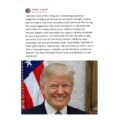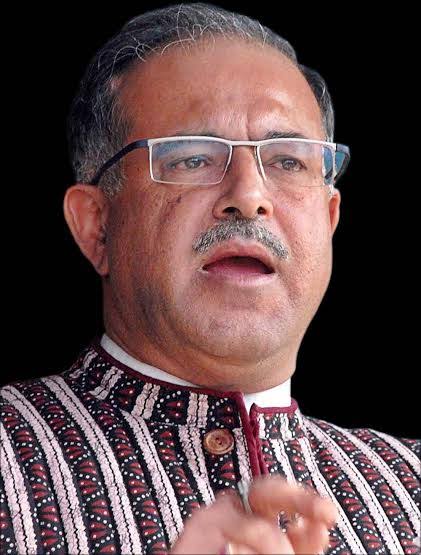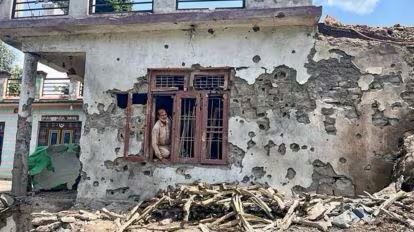
How the needle moved: Escalation by Pakistan, call from Rubio to Munir
Behind the truce between India and Pakistan after four days of intense military hostilities, the first important sign was a call between US Secretary of State and National Security Advisor Marco Rubio and Pakistan’s Army Chief Gen Asim Munir.
Rubio, who spoke to Munir, said that he “offered US assistance in starting constructive talks in order to avoid future conflicts.” This was the first direct contact between the US administration and the Pakistan Army Chief, the man at the centre of Pakistan’s hostile actions against India. In fact, it was Munir’s inflammatory rhetoric on Hindu-Muslim relations and Kashmir that prefaced the Pahalgam attack, the trigger of the fiercest standoff since the Kargil war.
Rubio had already spoken to Pakistan Prime Minister Shehbaz Sharif and the fact that he escalated it to the Pakistan Army Chief was telling.
That this was a late development precipitated by the events of the last 48 hours – the blackouts and the attacks on either side – is clear from the chronology.
On May 1, Rubio had spoken to External Affairs minister S Jaishankar and “encouraged India to work with Pakistan to de-escalate tensions and maintain peace and security in South Asia.” That was seen as a perfunctory call.
On May 7, shortly after India struck at nine terror locations in Pakistan and PoK, NSA Ajit Doval briefed Rubio.
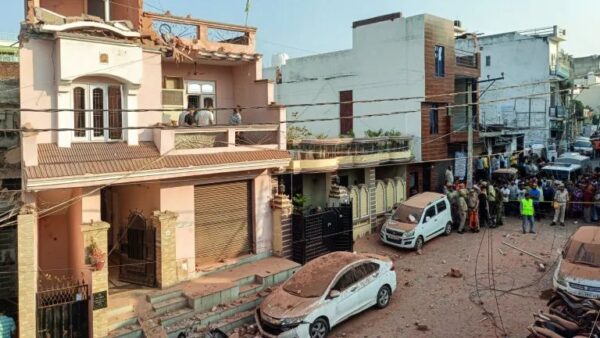
On May 8, Rubio spoke to Jaishankar and emphasized the need for “immediate de-escalation”. He also expressed “US support for direct dialogue between India and Pakistan and encouraged continued efforts to improve communications”.
This series of calls set the stage for what the US State Department called a “US-brokered Ceasefire between India and Pakistan” in its announcement.
India insists that India and Pakistan came to an understanding bilaterally and there was “no third party involvement”.
Besides Rubio, US President Donald Trump and Vice President J D Vance also talked about their role.
“Over the past 48 hours, @VP Vance and I have engaged with senior Indian and Pakistani officials, including Prime Ministers Narendra Modi and Shehbaz Sharif, External Affairs Minister Subrahmanyam Jaishankar, Chief of Army Staff Asim Munir, and National Security Advisors Ajit Doval and Asim Malik,” Rubio posted on X, giving the cast of characters and the phone lines that worked between Delhi, Washington DC, Islamabad and Rawalpindi.
Vance, according to The New York Times, spoke to PM Narendra Modi. “Great work from the President’s team, especially Secretary Rubio. And my gratitude to the leaders of India and Pakistan for their hard work and willingness to engage in this ceasefire,” the US Vice President posted on X.
After the May 7 strikes on headquarters of Lashkar-e-Taiba and Jaish-e-Mohammed in Pakistan, Delhi faced a barrage of drone attacks along the northern and western sectors of the border which it managed to intercept. On May 8, it hit and destroyed the air defence system in Lahore.
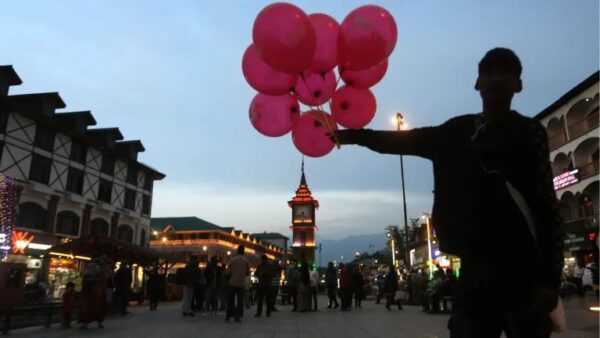
(Express Photo by Shuaib Masoodi)
Pakistan’s retaliation was aggressive in Jammu, Pathankot and Udhampur, as well as up to Jaisalmer. India was able to intercept about 400 drones because of its air defence system.
But, then Pakistan attacked Srinagar in the early hours on May 10.
But the last three nights of tension after military hostilities, Delhi woke up on Saturday with a Pakistan attack that was intercepted in Sirsa — barely 240 km from Delhi.
The target of locations like Chandigarh meant that the attacks and targets by Pakistan on India were not just confined to the north and western sectors of the India-Pakistan border.
From the Indian perspective, the strategic imperative of peace was important, after it had established superiority against Pakistan — by defending itself in the face of barrage of drone and missile attacks, although it sustained some damage to civilians and military and civilian infrastructure and military personnel as well.
For Pakistan, Gen Munir was also able to convey to his domestic audience that Rawalpindi was not taking it lying down, and was able to respond aggressively against India.
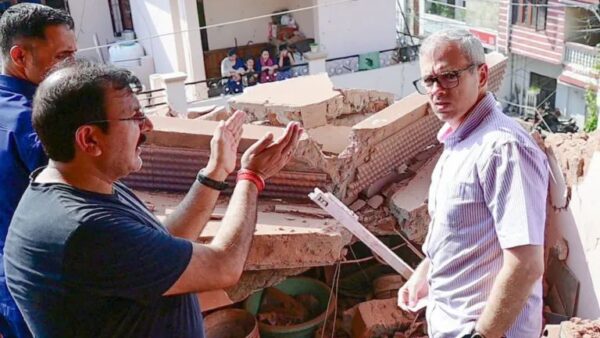
The needle also moved in Washington DC on Friday night, as Pakistan got the IMF bailout package — despite India’s abstention. This gave Islamabad an off-ramp, as it was able to portray a win — despite Delhi’s objections.
For Delhi, however, an uneasy peace has been secured — redlines on “terrorism have been drawn” — as an official source said that “any terror attack in future will be deemed as an act of war”, and it has clearly said that other diplomatic and economic retaliatory steps will remain in place, including the abeyance of the World Bank-brokered Indus Water Treaty.
The next steps of establishing this uneasy truce, and the most challenging task will be that how long will the ceasefire hold — will be upto to the two militaries and the establishment in Pakistan, led by Gen Munir and his NSA-cum-ISI chief Lt Gen Malik.
CREDITS: INDIAN EXPRESS
Advisory on carrying content having…
JKCSF Supports CM Omar Abdullah’s…
Prime Minister chairs a high…
Amit Shah Chairs Review Meeting…
No epapers found.


